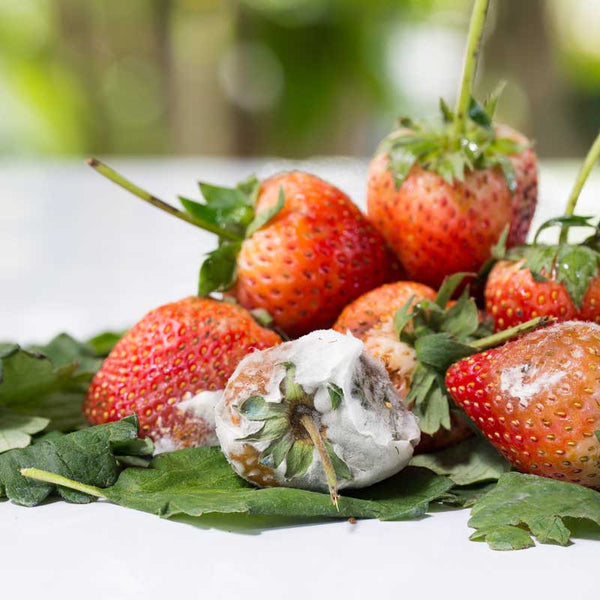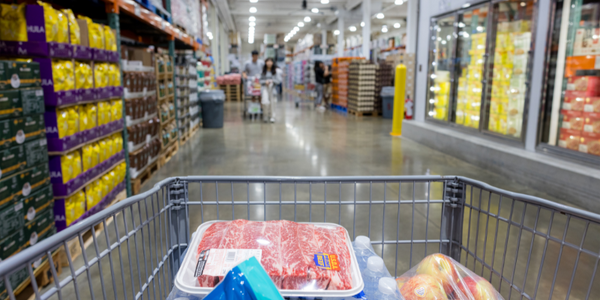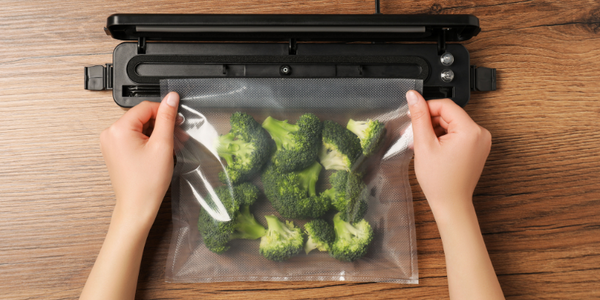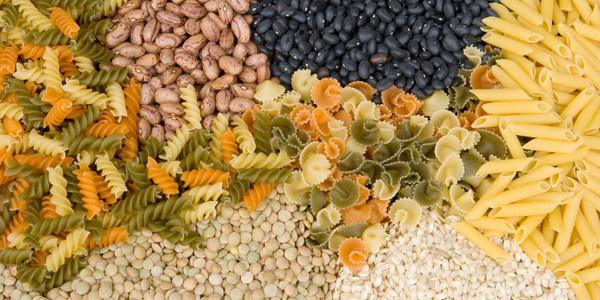Posted on November 10 2016

If you've ever thrown away part of your dinner and didn't think anything of it, you are not alone. The United States Department of Agriculture, Economic Research Service estimates that 133 billion pounds of food in the available food supply goes uneaten each year. Wasted food isn't just bad for your pocketbook - it's also harmful to the environment. Here are four ways to stop wasting food:
1. Store your food properly
If you don't store your food correctly, you can't expect it to last very long. Keep raw meat on your refrigerator's bottom shelf to prevent the juices from getting on other foods and contaminating them. If you have cooked meat you want to store in your refrigerator, put it in food vacuum bags to keep it fresher longer. Also be mindful of where you keep your boxed and canned goods. It's best to store them in a dark pantry away from heat sources.
2. Ask for the freshest cuts of meats
The meat behind the counter probably tastes just fine, but it might not be the freshest cut you could possibly have, according to EatingWell. If you want your meat to last as long as possible, ask the butcher to get you the freshest cut from the back.
3. Inspect fruits and vegetables before buying
Even if you are in a hurry, it's a good idea to inspect fruits and vegetables before purchasing them at the grocery store. For instance, because berries tend to mold easily, Wise Bread recommends picking up the pint and checking for wetness on the bottom. If you want to buy radishes, look at the leaves. If they are yellow or wilted, it indicates the radishes have been on the shelf for a while. If you are a fan of tomatoes, avoid ones that have holes and dark spots.
4. Make a grocery list
If you don't make a grocery list before you head to the store, it's time to start. Not having a list can tempt you to grab anything that looks good. When you buy more than you really need, some of that food will likely spoil before you are ready to eat it. Take the time to create a list of the foods you truly need and don't buy anything outside that list.
Related Posts

The Six Rules To Follow When Buying In Bulk

Eat Fresh Garden Veggies All Winter Long



0 comments